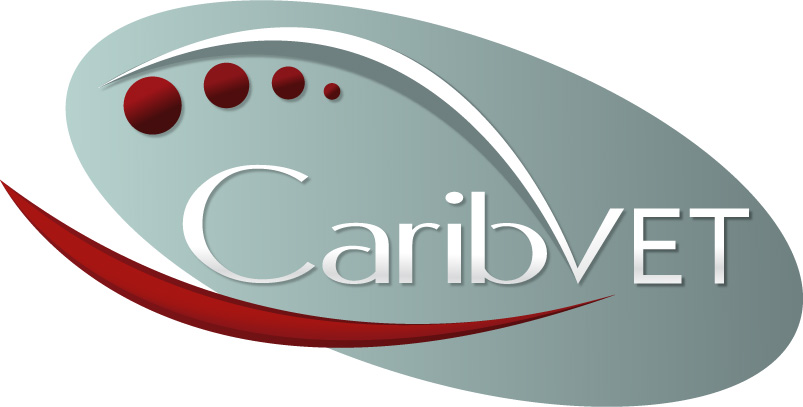Work Packages
The project includes five workpackages dealing with project management ; reinforcement of scientific and technical potential; exchange and sharing of experience; dissemination of knowledge and promotional activities including a participatory process with decision makers; and turning research into innovation, prevention and anticipation.
Management - WP1
The core of the management structure will rely on the Project Management Team (PMT) and the Steering Committee (SC). The Project Management Team will be composed of the project manager and WP leaders. It will have an overall responsibility for:
- the administrative and financial management of the project;
- the monitoring of the implementation of the project and the assessment of its progress and results.
The SC, composed of representatives of each partner and of the stakeholders and authorities, will have a strategic role. It will verify that the objectives of the project are fulfilled, and take corrective actions as far as necessary. It will decide upon the allocation of the project’s budget. This SC is anticipated to constitute the roots for a future coordinating forum of the research and development activities on vector-borne diseases in Guadeloupe that will persist beyond the project. Two advisory bodies will be set up: a Scientific Board with respect to the scientific issues related to the ‘One Health’ concept; an Innovation Task Force for discussing the issues related to the economic and social impact of the project.
Reinforcing Guadeloupe scientific & technological potential - WP2
This WP deals with the acquisition of scientific equipment and facilities which are currently missing in Guadeloupe for studying emerging and vector-borne diseases, i.e. scientific equipment (proteomics and sequencer platforms). This will allow for a ‘change of scale’ in the scientific resources of CIRAD Guadeloupe and, beyond, of the Guadeloupe research teams mobilised for the project.
In addition, the project will allow access to advanced equipment and technological platforms of the European partners when and if necessary (high throughput sequencing, proteomic platforms…). WP2 will also concern the recruitment of 4 experienced scientists in the fields where resources are currently missing (bioinformatics, proteomics, epidemiology and risk mapping, vaccine and diagnostic development. In parallel, a specific action will target the return of 2 post-docs which have been trained in Guadeloupe and are currently working outside of Guadeloupe in the following fields: entomology and socio-economy of animal health. Alternatively, highly motivated applicants with a strong background in the required field and that have high ranking publications in the field will be recruited.
Finally, WP2 will create the conditions and pave the way for establishing a ‘One Health’ Caribbean research center dedicated to research on emerging and vector-borne diseases located in and operating from Guadeloupe, for the benefit of Europe and the Caribbean region.
Exchange and sharing of experience - WP3
WP3 is fully focused on expanding research networks across Europe for a better integration in the ERA and ensuring long-lasting strategic partnerships. Training will ensure a high level of skills within the consortium, in particular where partners collaborate.
This WP will be closely linked to WP4 since training, exchange and sharing of experience will provide targeted mutualisation and dissemination of knowledge. WP3 will include:
- short-term visits to the European partners institutes for Guadeloupe researchers or to Guadeloupe for European partners;
- 2-way secondments of scientists;
- participation to intensive training courses in Europe and in Guadeloupe on proteomics, on NGS and bioinformatics, on epidemiology, modelling and entomology, on new approaches of diagnostic;
- organisation of 2 scientific workshops linked to EPIZONE and ICAHS conferences;
- linking with other existing surveillance and research networks such as EPIZONE, COST Action, or CaribVET;
- organisation of a conference linking CaribVET to European partners on the ‘One Health’ concept applied to the region and the setting up of an ‘alert system’ (prediction, anticipation, prevention);
- exploring opportunities for applying to relevant FP7/Horizon 2020 calls together with partners.
It is thus expected that the future Caribbean research centre will benefit from a long-lasting network involving ERA partners.
Dissemination of knowledge and promotional activities - WP4
This WP aims to inform a wider public of project progress and results. This public includes:
- scientific communities (Guadeloupe, Caribbean, European and international);
- specialised decision-makers (sanitary authorities, veterinarians, etc);
- policy-makers (region and state representatives);
- the general public.
This WP will be thoroughly described in a communication plan. This WP overcomes the classic ways of diffusion of information by conceiving an original approach which links research, formation and action. The results will thus be disseminated to these target groups and used in training sessions for scholars and students. A more participatory approach will allow the rise of emerging questions/needs from practitioners and decision-makers to scientists. Breaking the classical vertical links between scientists and stakeholders, the added value of the WP4 is to build a specific organisational dynamic that improves a collective learning process. A governance tool will be thus implemented to conceive an appropriate sharing structure.
Means of communication will include:
- the setting up of a website dedicated to the project,
- the organisation of information days and roundtables with targeted audiences,
- the development of a technical and scientific journal for dissemination of results to CaribVET community and to European partners (newsletter).
Moreover, it will include the presentation of the project in relevant strategic international meetings, especially dealing with the ‘One Health’ concept. Scientific results will be presented in internationally recognized conferences dealing with emerging and vector-borne diseases epidemiology, bacteriology and virology and exchanges will be planned with the other European projects tackling similar objects of research (REGPOT project RUN-EMERGE, Global Viral Forecasting Initiative, EDENext). Sociological studies will be conducted to ensure an efficient integration of results in the complex institutional environment of animal health including the translation of scientific and technical recommendations into applicable ones by end point users (veterinarians, Medical Doctors, producers…).
Turning research into innovation, prevention and anticipation - WP5
Innovation Union”. WP5 will include:
- a ‘gap/SWOT analysis’ aiming at identifying research priorities, and needs for diagnostics and vaccines;
- applied R&D on vaccines;
- interaction between research and surveillance and the resulting setting up of an early ‘alert system’ (prediction, anticipation, prevention) based on a methodological sequence from observation to modelling.
The implementation of these tasks will require an analysis of the socio-economic conditions for improving the capacities of anticipation and prevention and action in the Caribbean context as well as a cost-benefit analysis regarding the health/sanitary networks.
The cost of the network and research activities can be easily evaluated from the 10 last years of functioning. The analysis of benefits needs to take into account the economic consequences of potential sanitary crises which would be more severe if appropriate networking and infrastructure do not exist.
In addition, WP5 will propose an intellectual property rights (IPR) strategy for vaccines (patents, licensing) and for the ‘alert system’, through envisaging for the latter the registration of a trademark® on the basis the methodological sequence.

